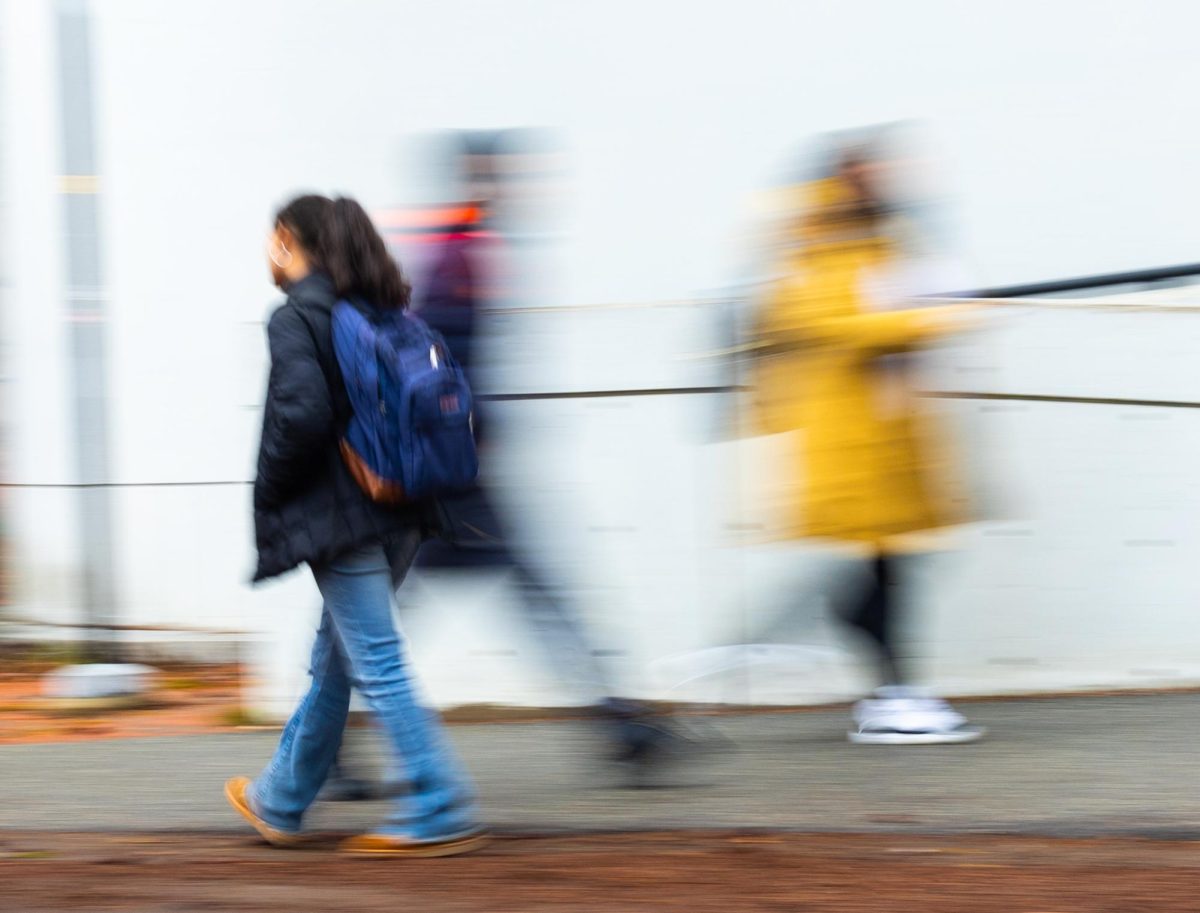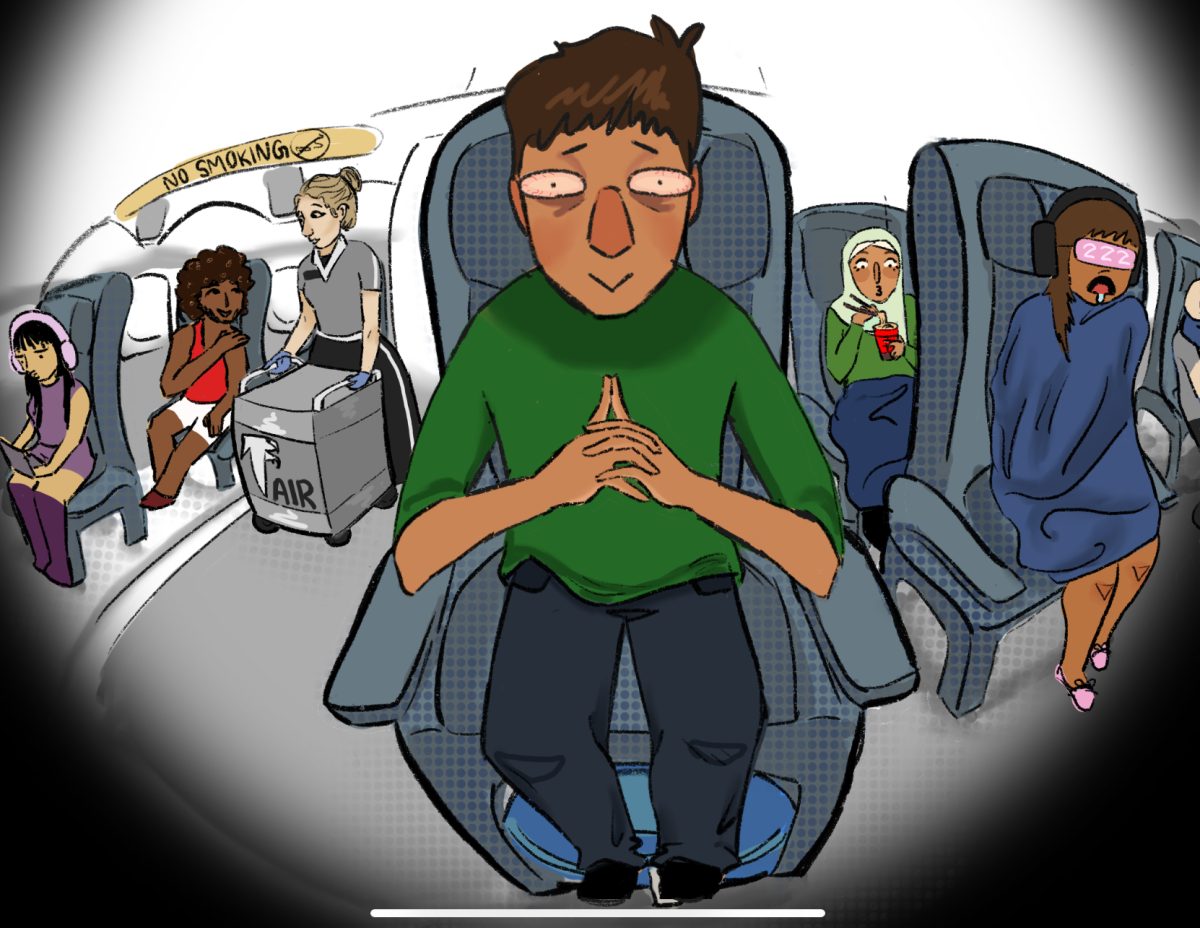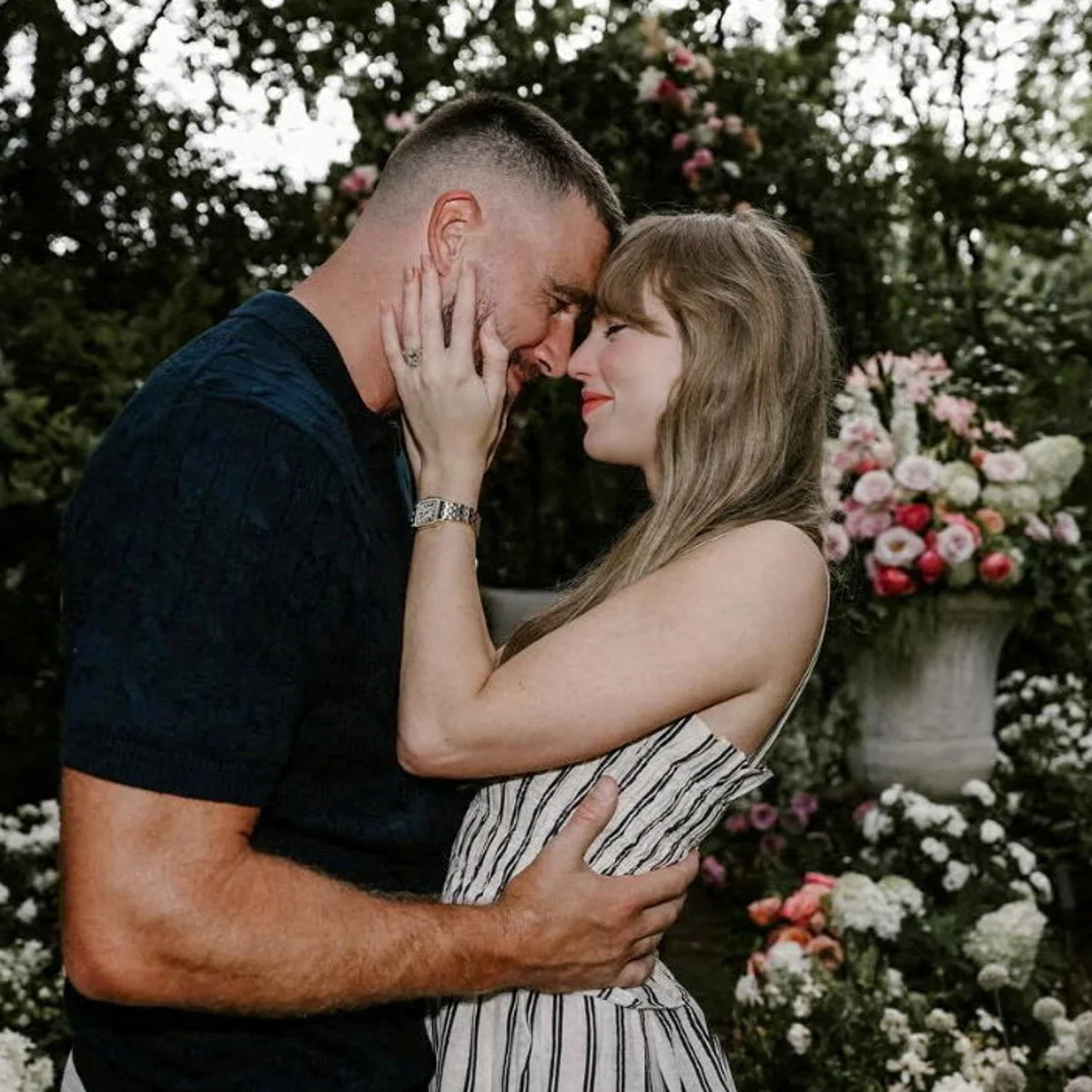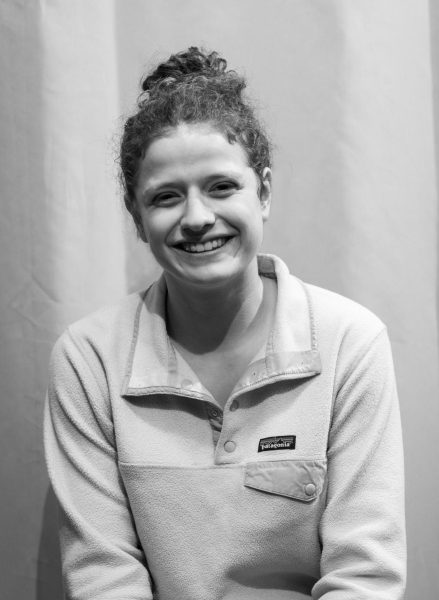Normally a conversation starts with your name and your hobbies, but when you obtain an injury, it becomes what people notice and automatically attach to you. I am part of the girls varsity soccer team and early into the season, I dislocated my knee. After much confusion and some unfortunate errors from my doctors, an MRI revealed that I needed immediate surgery after tearing both my ACL and meniscus. As a mobile person, it is hard to see past anything but the physical effect of an injury. The struggle is compounded if you play a sport, as you have to find yourself without your sport, trying to replace that hole. In a blink of an eye, I went from Sascha McHugh the soccer player to an injured supporter on the bench for the next nine months.
After surgery, the return to school wasn’t dreaded simply because of a load of make-up work, but for the dangers only noticeable when first crutching around. Standing in the slowly ascending elevator doesn’t prepare you for the exhaustion of trying to keep up with the flow of students who only know one thing about you: your injury. Between classes, the hallways are full of fast-paced chaos, threatening to consume me as people carelessly storm by, expecting me to move out of their way. The risk of not making it into your class by the bell is negligible in comparison to the risk of starting the long recovery again while going too fast.
Upon entering the classroom, everyone turns to the noise of the clicking of the crutches against the tiled floors. After trying to find comfort in the school chairs, concentration is im- possible with the aching feeling coming from my leg. The class material breezes past in a blur, leaving me lost in a daydream, unable to grasp any concepts in the process. Further commentary from teachers is distracting; they often try to relate to or put a label on my immobility. My unused energy becomes translated into frustration often unwantedly exerted upon friends. I want to feel excitement when listening to people rave about their extracurriculars, but all that’s playing in my mind is the fall that put me in this position.
The environment of my home is the most welcoming after a long day, where the brace and crutches can be ignored for a while. The comfort is short-lived, with homework for the next day endlessly stacking up, along with exercises to do to get my knee strong again. Another surgery is waiting at my doorstep if work isn’t put into my recovery. All of my thoughts circulate my next steps concerning my leg while never-ending worksheets pile up on my desk.
Although not many people experience longer stretches of immobility, it’s a hard period of time, especially when your independence is put on hold. Friends and family make up your support system but even the school can help by being flexible with arrival between classes and homework after return to school. Recovery is a process that takes time and work to be successful. When looking at an injured person, nobody sees the work put into their progress. It’s important to me that an injured person isn’t seen as disabled but someone strengthening in the process to getting back to who they are and what they love.
This article also appears in our January 2024 print edition.








